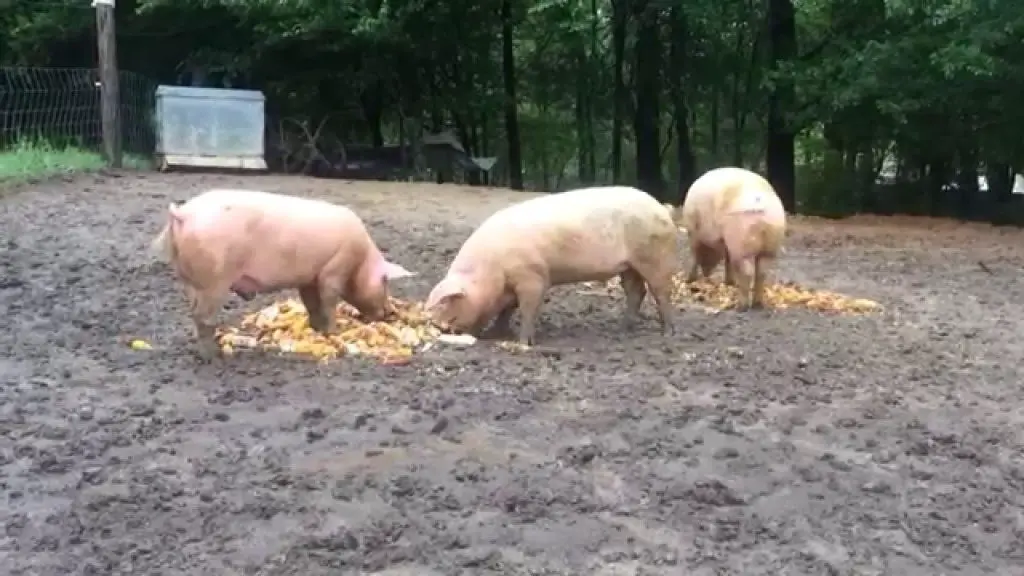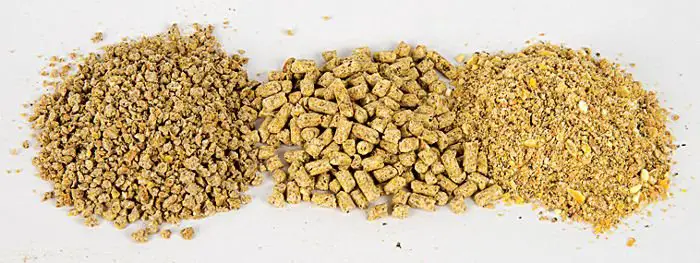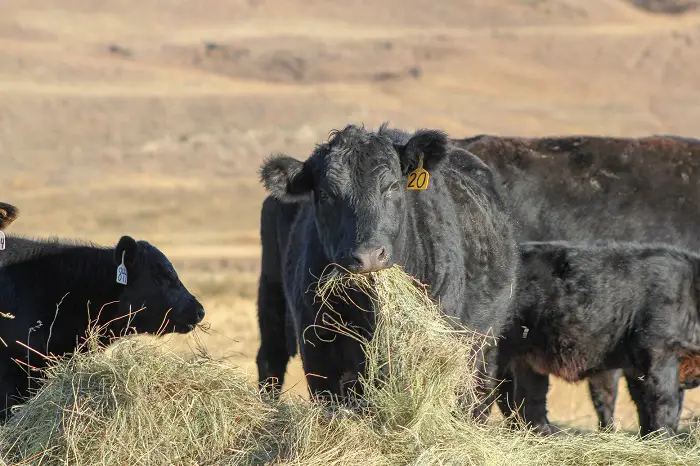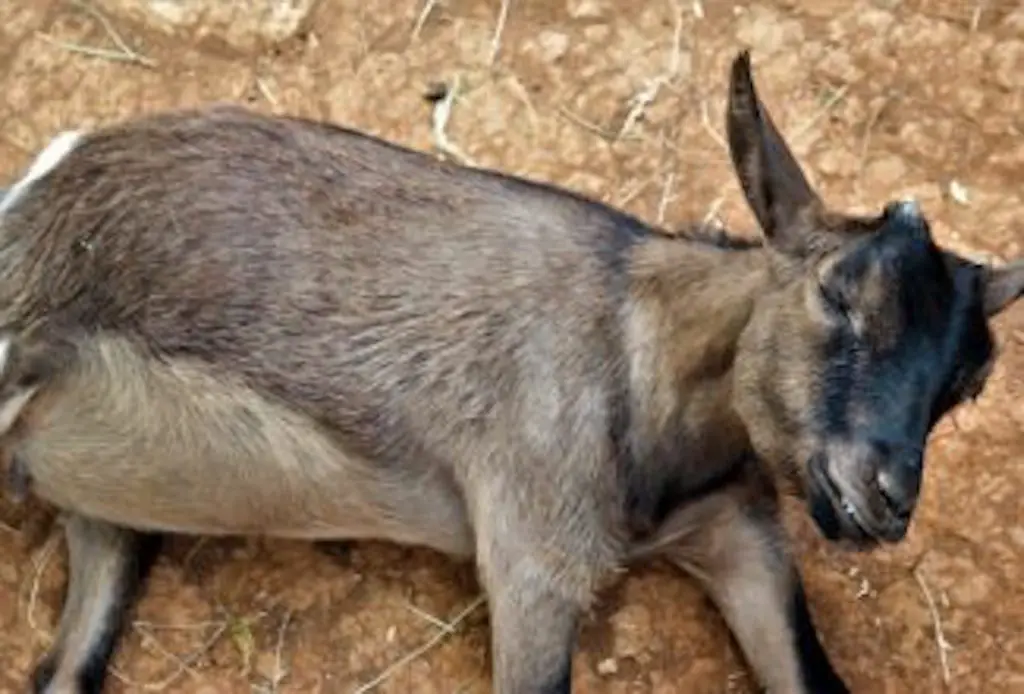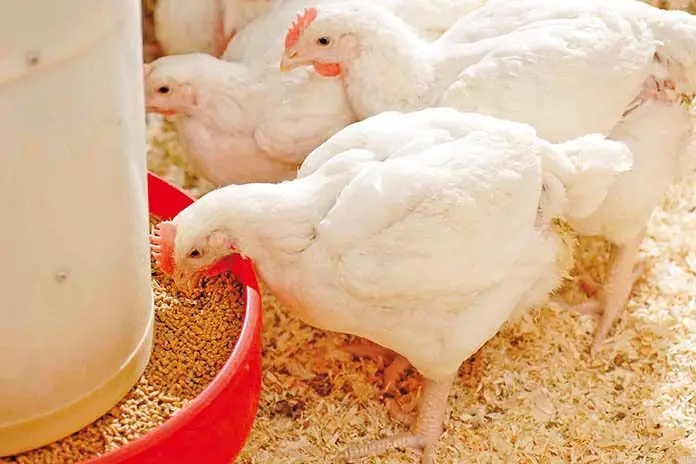Most of us rarely give a second thought to what we do when we finish eating corn from a corn cob. We simply throw it away because we have consumed the good stuff, what is left is nothing but excess plant matter that is of no use to us. But this may not be entirely true, especially if you’re a pig farmer or producer and you’re looking for alternatives to feeding your pigs without compromising on anything other than the type of pig feed of course. Let’s find out more on whether or not pigs can eat corn cobs.
Contents
Pigs Can Eat Corn Cobs
Simply put, pigs can certainly eat corn cobs because the corn cobs are highly nutritious sources of fiber for the pigs which helps them maintain a strong and steady gut biome. Pigs are omnivorous, which means their diet can consist of both meat and plant products. This also means they already have advanced dietary needs (like [most] humans) to function at their best. So as an addition to the pigs’ pre-existing diet (which you can then reduce), you can add the corn cobs for the pigs to eat. The corn cobs are healthy for the pigs to eat and they cost practically nothing.
Why Would You Choose Corn Cobs?
Corn cobs are practically seen as unusable by most people. And if something is seen as unusable, it is worthless. Corn cobs would be a very affordable (if you happen to pay an entity to get them) since most people throw them away without a second thought.
The First Reason To Choose Corn Cobs
The first reason as to why you would pick corn cobs to feed your pigs is that they’re cheap or easy to get under normal circumstances. So people purposefully throw away the corn cobs and some burn them to get rid of them or use as a ingredient for compost in order to use on other crops. You would most likely get the corn cobs for free to feed your pigs and expect the same amount of nutrients you get from conventional food stuffs for pigs.
The Second Reason To Choose Corn Cobs
The second reason is that the corn cobs would not just serve as stomach fillers or a pastime delicacy for the omnivorous pigs to enjoy. Pigs require a lot of feed to produce a lot of pork and the corn cobs (in addition to the existing diet) can offer that. They are (the corn cobs) as mentioned before, also very rich in fiber which means when you start to incorporate the corn cobs into the pigs’ diet, you can be sure that the pigs will have a healthier digestive system because of it.
- Not only are corn cobs cheap, they’re also available in vast amounts because corn cobs are the by-product of the corn. Corn is the world’s most produced or farmed plant. And is especially relevant on continents like Africa where the corn is dried and then grinded into a powder, which is later used to cook a thick porridge and is a staple food in most African countries. So you can be sure that corn cobs are some of the most sustainable food supplements for your pigs in the entire world.
Preparing The Corn Cobs For Your Pigs
Amongst the above listed benefits for choosing corn cobs as an addition to your pigs’ diet, corn cobs are also rich in the following nutrients; crude (or raw) protein and dry matter. Both these nutrients allow the pigs to produce as much meat as possible for a greater output value. But by now you might be thinking: Alright, I’m convinced about the corn cobs but do I just feed the corn cobs to the pigs as is? Well you can, but you can also prepare the corn cobs to ensure that they’re consumed by the pigs properly and do not cause any blockages in the digestive tract of the pigs.
The Corn Cobs Can Be Grinded
There are no machines or facilities that help prepare the corn cobs because this is still a fairly new concept/ discovery. It has yet to be adopted by many people. To ensure that the pigs can easily digest the corn cobs, you can first soak the corn cobs in water (if they happen to be dry) and then use some sort of grinding machine or apparatus to make the corn cobs into smaller pieces.
Heat The Corn Cobs
This should be done using an oven after the corn cobs have been ground. This is to induce the process of fermentation (the corn cobs will still be wet) when you finally leave the corn cobs out for a few days. This process, together with the one above help to increase the nutritious content inside the corn cob for your pigs to enjoy. Fermentation (or fermented products to be exact) help pigs to increase their energy output because it advances the bacteria in their stomachs that helps to break down the food they eat into useful nutrients and minerals.
- That is why you should only add corn cobs to the pigs’ diet and not completely change it to be only corn cobs. At least 25% of the pigs’ diet should be corn cobs.
Interesting Fact: Corn cobs have been discovered to also be useful in producing a type of fuel that can run motor vehicles.
Conclusion
Pigs are some of the smartest animals on the planet. Their tastes (or food preferences thereof) can be as individualistic as that of humans, so you would need to be creative when incorporating something as bland and tasteless as corn cobs. When you do incorporate it however, you can be sure that the pigs will be better off for it. The corn cobs will help the pigs maintain a strong and healthy body size that will render them to be of more value. All with the aid of something that might cost you virtually nothing (even in when the quantity is in tons.)
